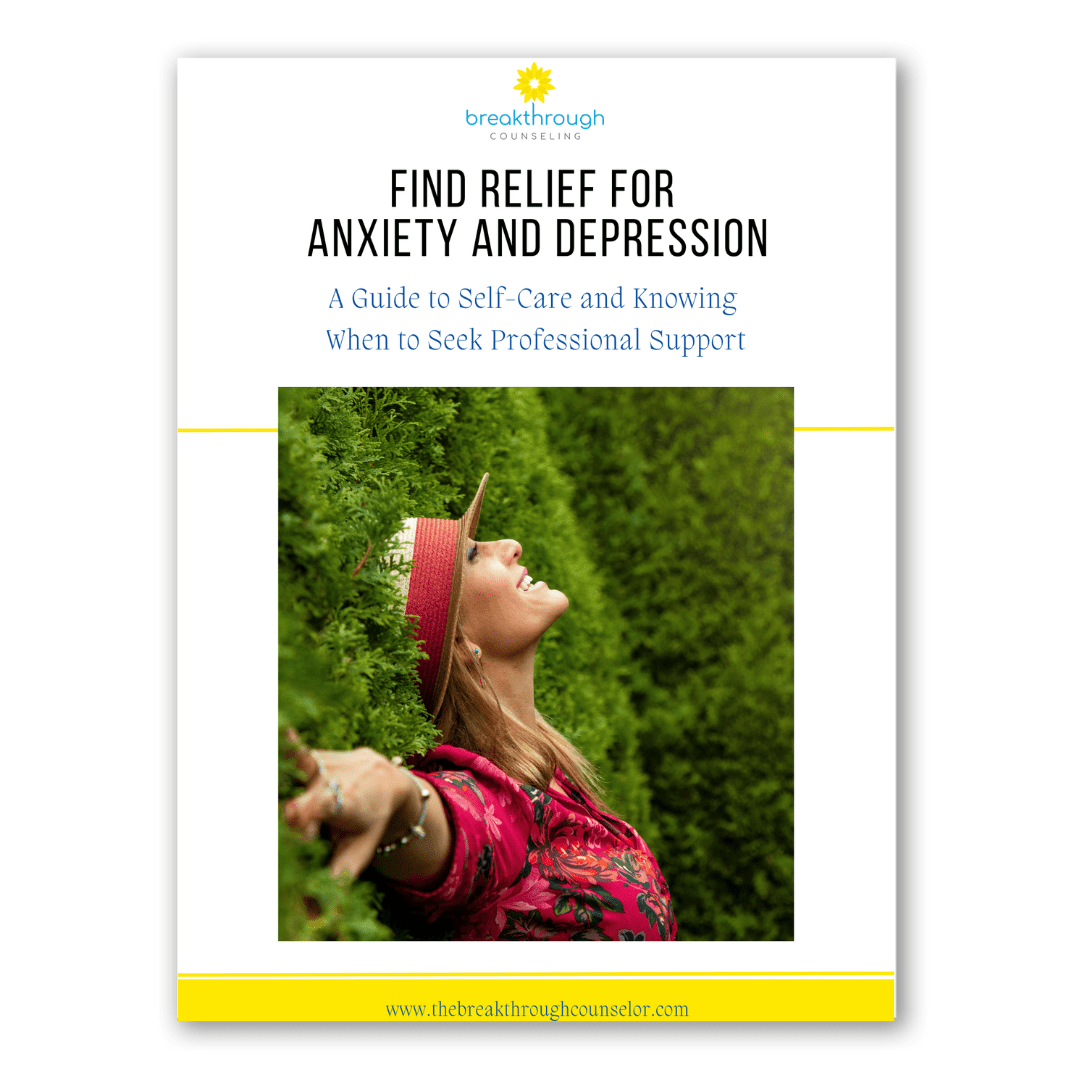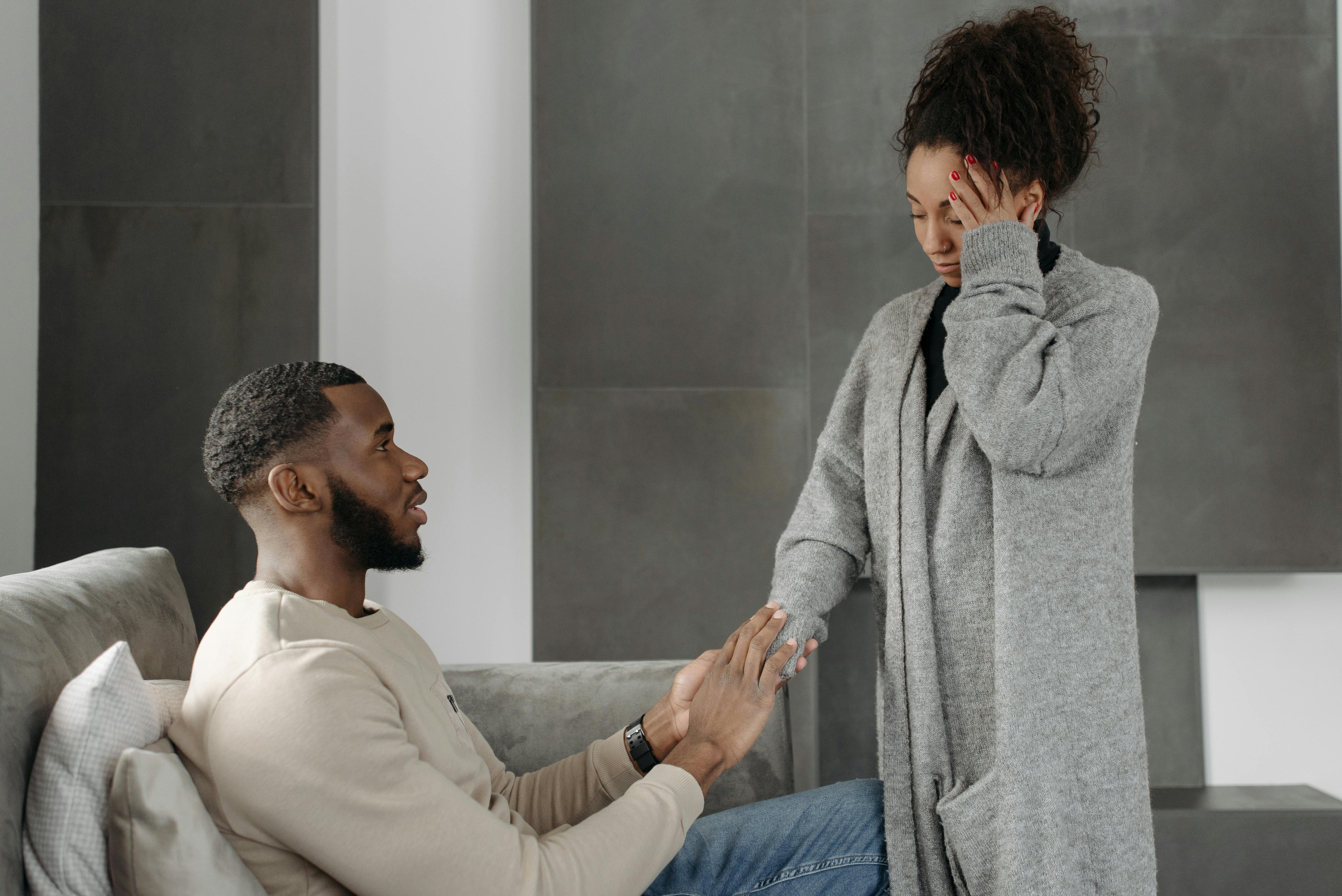During an election season, it’s completely understandable to feel heightened anxiety or worry. The election anxiety definition is the emotional and physical stress responses triggered by the political climate, often exacerbated by media coverage and perceived threats to personal and community well-being, as defined by Harvard Health Publishing
So it’s natural for uncertainty and potential changes to stir up feelings of vulnerability and stress. That’s why it’s so important to take steps in managing election stress.
Let’s explore some practical ways to help reduce this anxiety
1. Establish a Routine
A consistent daily routine can offer a sense of stability and control amidst the uncertainty of the election season.
Opportunities to Implement:
- Develop Rhythms: Plan your day with reasonably consistent times for waking, working, relaxing, and sleeping.
- Include Physical Activity: Incorporate regular exercise because it helps reduce stress hormones and boosts mood.
- Maintain Healthy Habits: Prioritize a balanced diet, hydration, and sufficient sleep to support overall physical and mental health.


2. Limit Media Exposure
Constant exposure to political news tends to heighten anxiety and stress. Limiting this can reduce election burnout and overwhelm.
Opportunities to Implement:
- Designate Times: Allocate specific times of the day to catch up on the news, and avoid watching the news right before bed so your sleep is not disrupted.
- Curate Your Feed: Train the algorithm by following credible sources and avoiding sensationalist media. Unfollow or mute accounts that frequently post distressing content.
Take Breaks: Regularly unplug from social media and news outlets. Engage in activities that do not involve screens, such as reading, hobbies, or spending time outdoors.


3. Build a Support Network
A supportive community can provide comfort, share the emotional burden, and decrease feelings of isolation.
Opportunities to Implement:
- Connect with People You Trust: Reach out to friends, family, or support groups who understand your concerns and can offer emotional support.
- Plan Times for Fun: Participate in activities that spark creativity and laughter to foster connection through joy.
4. Practice Self-Care
Intentionally planning activities that take care of yourself provides opportunities to trade stress for peace and contentment.
Opportunities to Implement:
- Hobbies and Interests: Dedicate time to activities that capture your interest.
- Nature Exposure: Being outdoors has been shown to reduce stress and improve mood.
- Creative Expression: Engage in creative outlets like drawing, writing, or playing music to express emotions and distract from stressors.

5. Advocate for Change
Taking proactive steps to support causes you believe in can provide a sense of agency and purpose.
Opportunities to Implement:
- Volunteer: Participate in community service or advocacy groups that align with your values.
- Vote: Being part of the democratic process can foster a sense of involvement and contribution.

6. Consider Individual Therapy
- If maintaining a routine is challenging due to overwhelming stress, individual therapy can provide personalized strategies and support.
- If limiting media exposure does not alleviate anxiety, speaking with a therapist can help develop healthier media consumption habits and coping mechanisms.
- If anxiety becomes overwhelming, consider reaching out to a therapist or counselor who can provide specialized support.
6. Consider Individual Therapy
- If maintaining a routine is challenging due to overwhelming stress, individual therapy can provide personalized strategies and support.
- If limiting media exposure does not alleviate anxiety, speaking with a therapist can help develop healthier media consumption habits and coping mechanisms.
- If anxiety becomes overwhelming, consider reaching out to a therapist or counselor who can provide specialized support.

7. Consider Couples Therapy
- If strong political opinions are causing conflict in the relationship
- If election stress is straining daily interactions with each other.
- If you’re looking for a safe space for both of you to express your fears, anxieties, and hopes about the future.
Next Steps
- If you’re experiencing election anxiety and would like to find out more about individual or couples therapy, book a complimentary 15-minute consultation with Dr. Kristin Barnhart by calling or texting 860-333-8773, or by emailing kristin@thebreakthroughcounselor.com. I’d love to connect with you!
- If you like what you see, but aren’t ready for therapy, download this free 5-step guide to unlock simple, yet powerful self-care strategies to ease anxiety and depression today. Learn other important skills like how to know when to seek help. Start your journey to lasting peace with compassionate, expert guidance.





0 Comments